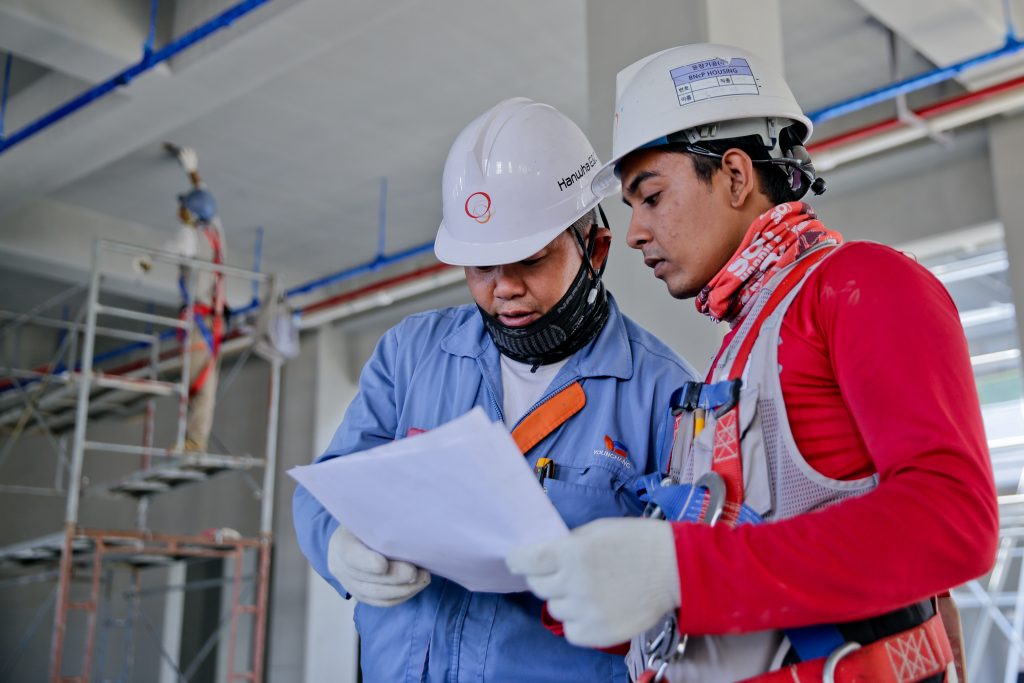While public (federal, state, or local agencies) projects are required to provide performance and payment bonds, private construction generally does not require bonds. For privately-owned construction jobs, it is up to the owner to secure a bond.
While most contractors will work with a surety to provide the bond, some contractors will make it mandatory for the owner to pay for the bond. Depending on the contractor, size, type, and duration of the project, bonds can range in price between one-half to three percent of the contract.
Some of the reasons why private owners elect to secure bonds include:
- Lenders: Owners may be required to provide bonds if a lender is financing the job.
- Contractors: Sureties will thoroughly screen contractors for proficient operations, management, experience, and financial stability.
- Guarantees: Bonded projects are more likely to be completed.
- Support: If trouble emerges, the surety will intervene and offer support to avoid default.
Private owners choose to forgo bonds because:
- Price: Bonds are expensive, and it can be challenging to justify higher expenses.
- Vetting: Financial and other records are generally difficult to obtain, but some contractors provide access to sureties.
- Contracts: Countless provisions require clear communication between the surety and contractor.
Practically speaking, securing bonds for privately-owned construction jobs depends on the experience of the contractor, size, and nature of the project. Bonding might be justified if the project is big but the contractor is smaller. If the contractor is unfamiliar with the structure or components, a bond might be a good idea. Lastly, if a private construction job does require a bond, it is imperative for the owner to review the form with an attorney to ensure everyone will comply with the stipulations.
At Construction Bonding Specialists, we work with new and experienced contractors to find the most satisfactory bond solutions. As a distinct surety-bond-only agency with decades of bonding experience, we work to discover surety solutions for all types of cases ranging from ordinary to challenging. Call us at 248-349-6227 to learn more.
Written by the digital marketing team at Creative Programs & Systems: https://www.cpsmi.com/
